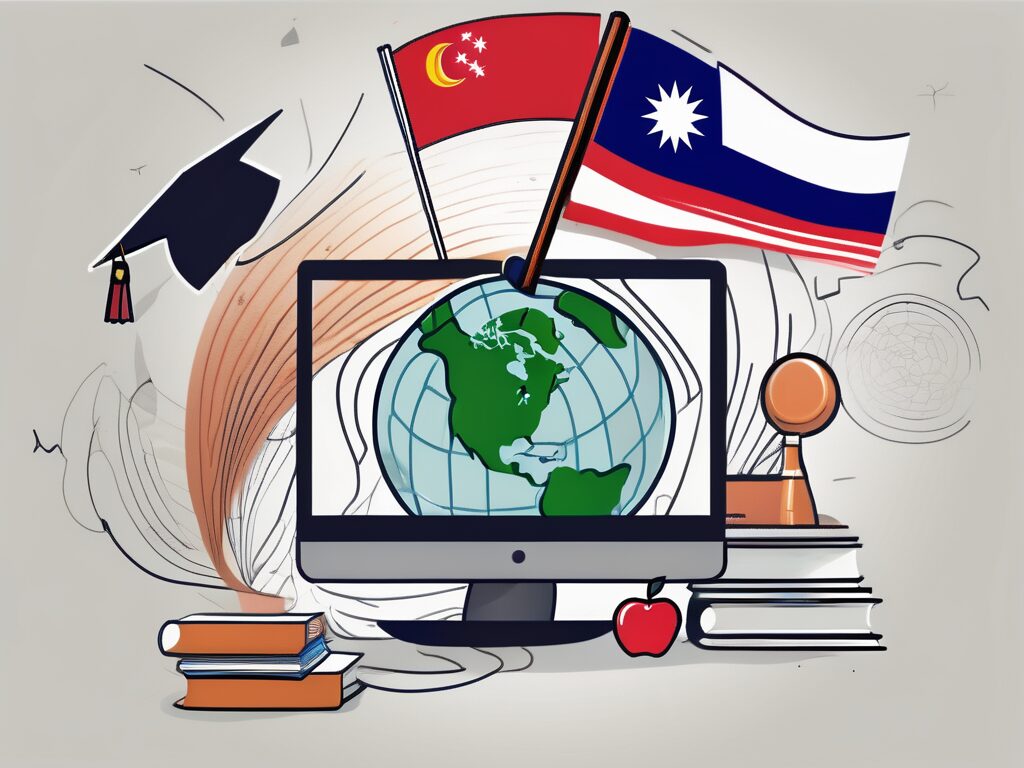html
Mastering Environmental Education in Malaysia: 6 Essential Insights
In an era where environmental issues are at the forefront of global discussions, the importance of environmental education cannot be overstated. In Malaysia, a country rich in biodiversity and natural resources, mastering environmental education is crucial for fostering a generation that is not only aware of but also actively engaged in sustainability efforts. This blog post aims to provide you with six essential insights into mastering environmental education in Malaysia, equipping educators, policymakers, and stakeholders with the knowledge needed to make a significant impact.
1. Understanding the Importance of Environmental Education
Environmental education (EE) is more than just teaching students about nature; it encompasses a holistic approach to understanding the interconnections between human activities and the environment. In Malaysia, where rapid urbanisation and industrialisation pose significant threats to natural ecosystems, EE plays a vital role in cultivating environmental stewardship among the youth. By integrating EE into the curriculum, educators can inspire students to think critically about environmental issues and empower them to take action.
2. Integrating Local Context into the Curriculum
One of the most effective ways to master environmental education in Malaysia is by integrating local context into the curriculum. This means incorporating local environmental issues, such as deforestation, pollution, and climate change, into lessons. For instance, case studies on the impact of palm oil plantations on biodiversity can provide students with a tangible understanding of the consequences of human actions. By making the content relevant to their lives, students are more likely to engage with the material and develop a sense of responsibility towards their environment.
3. Emphasising Hands-On Learning Experiences
Hands-on learning experiences are essential for effective environmental education. Field trips to local ecosystems, such as mangroves or rainforests, allow students to observe and interact with their environment directly. These experiences can be complemented by activities such as tree planting, water quality testing, or community clean-up initiatives. According to a study by the Malaysian Ministry of Education, students who participate in experiential learning are more likely to retain information and develop a deeper understanding of environmental concepts.
4. Collaborating with Local Communities and NGOs
Collaboration with local communities and non-governmental organisations (NGOs) can significantly enhance environmental education efforts. By partnering with organisations that focus on conservation and sustainability, educators can provide students with real-world insights and opportunities for involvement. For example, working with NGOs on conservation projects can help students understand the importance of biodiversity and the role they can play in protecting it. This collaboration not only enriches the learning experience but also fosters a sense of community and shared responsibility.
5. Leveraging Technology for Environmental Education
In today’s digital age, leveraging technology can greatly enhance environmental education. Online resources, interactive simulations, and educational apps can provide students with innovative ways to learn about environmental issues. For instance, virtual reality (VR) experiences can transport students to endangered ecosystems, allowing them to witness the beauty and fragility of these environments firsthand. Additionally, online platforms can facilitate discussions and collaborations among students from different regions, promoting a broader understanding of global environmental challenges.
6. Assessing and Evaluating Environmental Education Programs
To ensure the effectiveness of environmental education programs, regular assessment and evaluation are crucial. Educators should develop clear objectives and outcomes for their EE initiatives and use various assessment methods to measure student understanding and engagement. Surveys, reflective journals, and project-based assessments can provide valuable insights into the impact of the curriculum. Furthermore, feedback from students and community partners can help educators refine their approaches and ensure that the programs remain relevant and effective.
Conclusion
Mastering environmental education in Malaysia is essential for nurturing a generation that is equipped to tackle the pressing environmental challenges of our time. By understanding the importance of EE, integrating local context, emphasising hands-on learning, collaborating with communities, leveraging technology, and assessing programs, educators can create a robust framework for environmental education that resonates with students and inspires action.
Empower Your Teaching Career with IPGCE
As we strive for a more inclusive education system in Malaysia, the role of qualified and well-trained educators becomes increasingly crucial. IPGCE is dedicated to supporting teachers in their professional journey, offering the International Postgraduate Certificate in Education (iPGCE) to enhance qualifications and open doors to international teaching opportunities. With our program, you can expect a significant increase in interview callbacks, promotion rates, and salary. Plus, you’ll join a global network of educators, gain a deeper understanding of international curricula, and enjoy the flexibility of online study. Don’t let inadequate credentials or isolation hold you back. Join the UK’s #1 Teacher Training Course today and take a decisive step towards a fulfilling career in inclusive education.
For more insights on enhancing your teaching methods, check out our articles on Innovative Teaching Strategies and Sustainable Education Practices. Additionally, learn about the importance of Community Engagement in Education to further enrich your teaching experience.
Connect with us on LinkedIn to stay updated and network with fellow educators!

